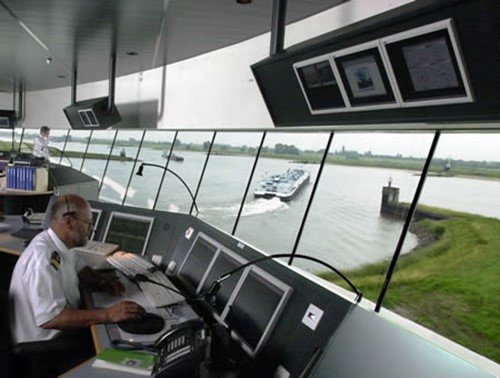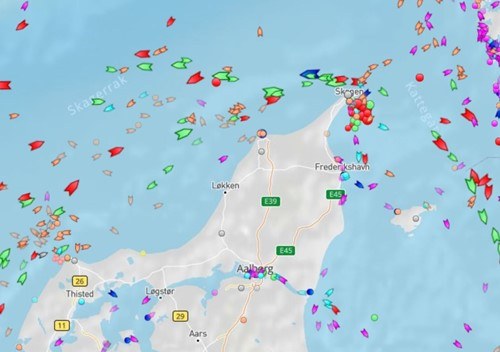AIS SHORE STATIONS
Automatic Identification Systems (AIS) are designed to be capable of automatically transmitting all necessary data such as position, speed, course, cargo and MSSI to other ships and coastal authorities.
Danphone is a reputed supplier of complete, rack mount AIS Physical Shore Stations (PSS), built to meet individual customer specifications. In this capacity, we work with leading suppliers of base station transponders and AIS system software.
Depending on the customer’s requirements and scope of supply, we can offer equipment supply, manufacturing, installation and test.
Request meeting or Contact Danphone for more information

Examples of application are:
-
Stand-alone AIS base stations at remote locations with poor or non-existing infrastructure
-
Economical alternative for sea areas where full-featured AIS base stations are not required
-
Supplement to existing AIS networks.
WEB INTERFACE
A web interface is supplied for verifying the current configuration
and operation, or remotely uploading a new configuration or firmware
to the device.
Network services are protected by a software firewall, only allowing
access from authorized IP addresses.
KEY FEATURES
Data transfer via TCP/IP network
- Internal USB memory stick
- 24/7 operation
- Automatic time stamp
- The time can be synchronized via NTP
- Remote control over IP
- Compliant web interface
WHAT IS AIS?
AIS (Automatic Identification System) is a VHF-based navigation which automatically provides all the necessary data such as position, course, speed and MMSI to other ships and coastal authorities. It is an automatic tracking system used for collision avoidance of ships. The information from the AIS makes it possible to present a complete overview of the present ship traffic at the ocean.
AIS information supplements marine radar, which continues to be the primary method of collision avoidance at sea. In addition to collision avoidance, AIS also forms the core element in vessel traffic services (VTS).
The International Maritime Organization (IMO) and International Convention for the Safety of Life at Sea (SOLAS) requires AIS transponders to be fitted on board all vessels with gross tonnage of 300 or more and all passenger ships regardless of size.
